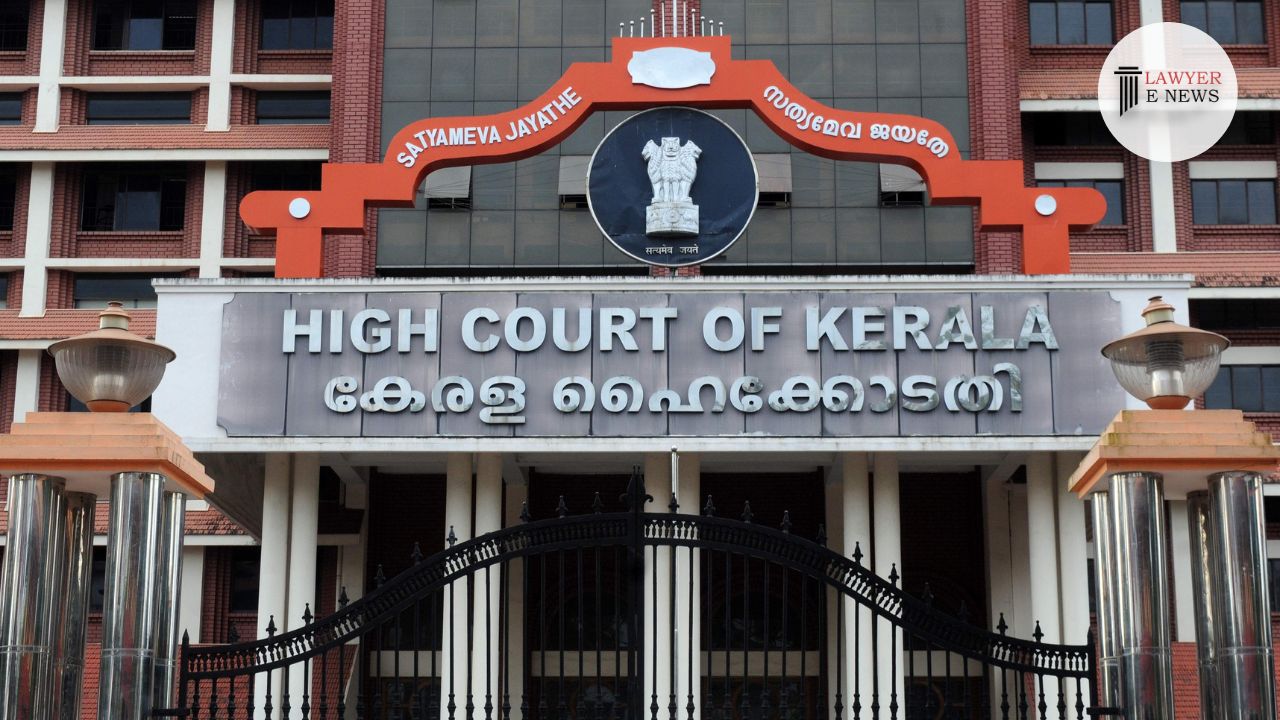-
by Admin
05 December 2025 4:19 PM



In a recent judgment by the High Court of Kerala at Ernakulam, a Regular Second Appeal under the Civil Procedure Code (C.P.C) was dismissed, bringing an end to a long-standing dispute over the ownership of a motorable way. The judgment, delivered by Justice A. Badharudeen on November 1, 2023, upheld the lower court’s decision and emphasized the importance of establishing a substantial question of law for the admissibility of a second appeal.
The case, RSA No. 630 of 2023, involved a dispute between two parties, the plaintiff, Premadasan, and the defendant, Pushparajan, both aged in their sixties, residing in Palakkad District, Kerala. The plaintiff had filed a Suit seeking a permanent prohibitory injunction against the defendant, alleging obstruction of the peaceful use of a motorable way known as „plaint `D’ schedule“ that provided access to several properties.
The central issue revolved around the plaintiff’s claim of co-ownership over plaint `D’ schedule property, which the defendant vehemently disputed. The defendant contended that the plaintiff had no rights over the said property, either as a co-owner or otherwise, and that it was not a common motorable road as claimed by the plaintiff.
The trial court and the appellate court had both ruled against the plaintiff, primarily due to the lack of concrete evidence supporting the co-ownership claim. The judgment highlighted the plaintiff’s admission during cross-examination, where he stated that he had no records to establish joint ownership as claimed.
Justice Badharudeen, in delivering the judgment, stressed the necessity of formulating a substantial question of law for the admissibility of a second appeal under Section 100 of the C.P.C. The judgment cited legal precedents that underlined the importance of a substantial question of law, defining it as one having substance, essential, real, and of sound worth.
The judge further pointed out that the mere reference to grounds mentioned in the Memorandum of Second Appeal could not satisfy the mandate of Section 100 of the CPC. In this case, no substantial question of law had been formulated, and hence, the second appeal was dismissed without admission.
The decision serves as a reminder of the critical role of substantial questions of law in the appeals process and reaffirms the principle that second appeals cannot be decided on equitable grounds alone. The case underscores the importance of establishing ownership and title over immovable property through cogent and convincing evidence, especially in disputes involving co-ownership claims.
Date of Decision: 1 November 2023
PREMADASAN VS PUSHPARAJAN
